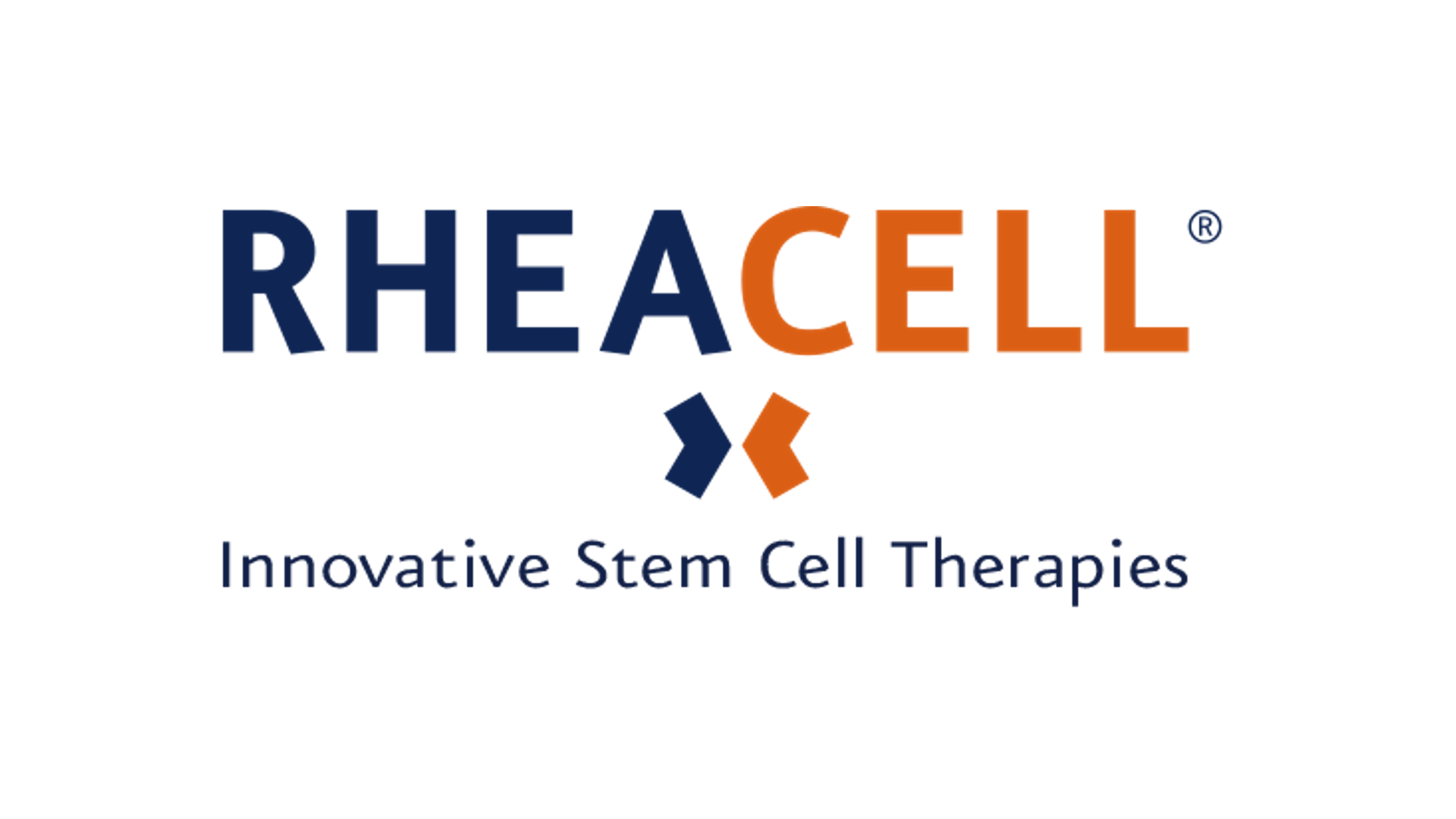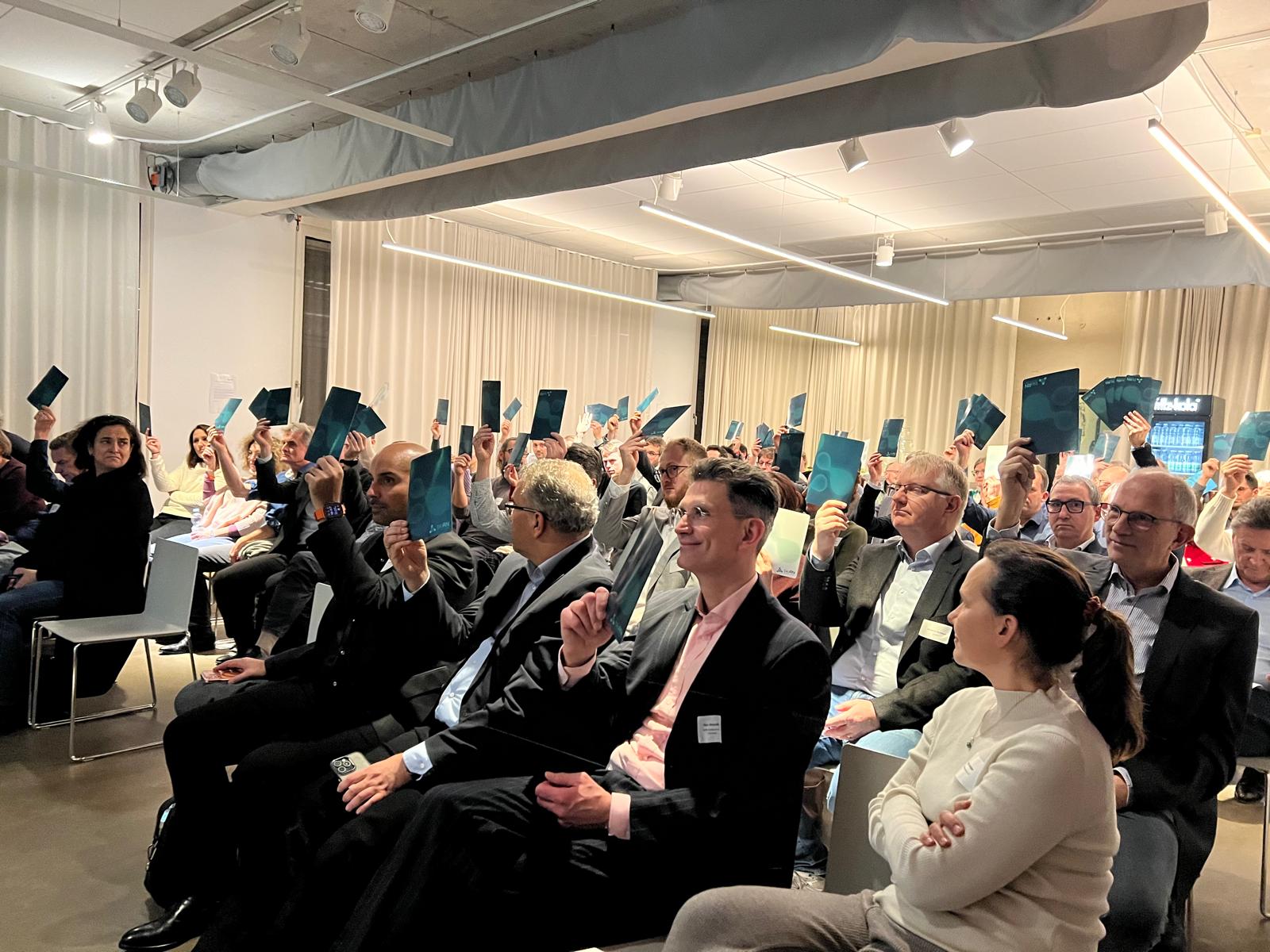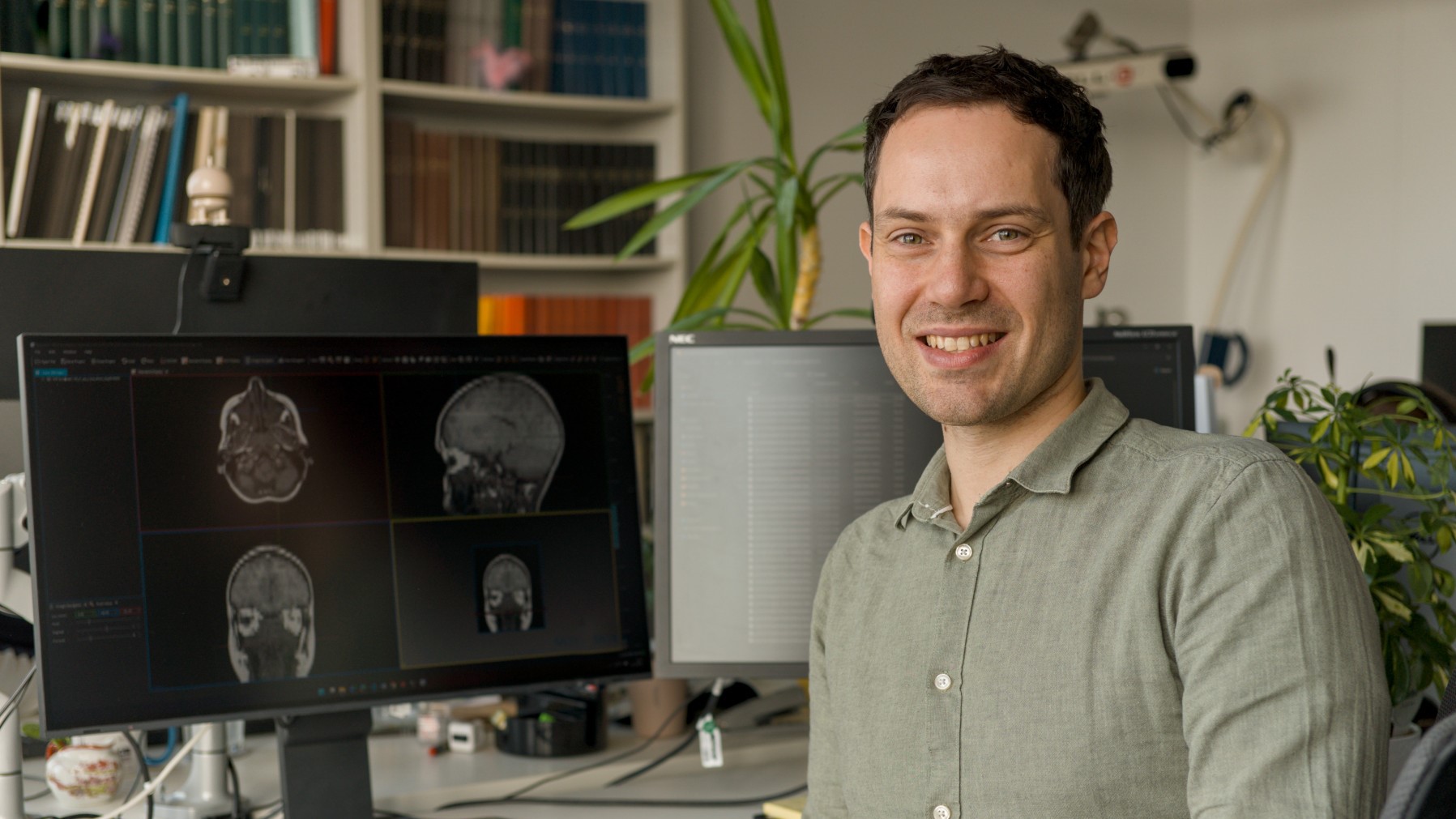RHEACELL receives EMA approval for allo-APZ2-CVU Phase 3 trial in chronic venous ulcers

- EMA approves blinded, multi-centric Phase-3 trial (NCT06489028) to investigate the safety and efficacy of allo-APZ2-CVU in patients with CVU
- Decision follows FDA approval and is based on positive results from respective Phase 2b study
- allo-APZ2-CVU leverages ABCB5-positive mesenchymal stem cells with unique immunomodulatory properties to treat patients with severe immune and inflammatory diseases with high unmet medical need
Heidelberg, Germany, 19.12.2024 – RHEACELL today received approval from the European Medicines Agency (EMA) for its blinded, multi-centric Phase-3 trial (NCT06489028) evaluating allo-APZ2-CVU in patients with chronic venous ulcers (CVU). The pivotal trial will be conducted at more than 100 sites and is expected to enroll 250 patients, starting enrollment in Europe in Q1 2025. The decision is based on initial positive results from the respective Phase 2b study (NCT04971161) in patients with CVU refractory to standard therapy and follows the recent FDA approval in the US.
“Our goal is to provide innovative therapeutic options for hard-to-treat immune and inflammatory diseases such as refractory CVU and EB,” said Dr. Christoph Ganss, founder and CEO of RHEACELL. “The positive decision of the EMA follows the FDA and is a further validation of the potential of our drug allo-APZ2-CVU. It allows us to initiate our study early next year with the goal of quickly reaching the market and providing meaningful help to patients in need.”
The pivotal, double-blind, multicenter, international Phase III clinical trial is designed to evaluate the efficacy and safety of allo-APZ2-CVU in wound healing of therapy-resistant non-healing CVU. The primary endpoint of the study is wound closure. Secondary endpoints include for instance time to wound closure, duration of wound closure and quality of life.
About allo-APZ2-CVU-III
The pivotal, double-blind, placebo-controlled, multicenter, international Phase III clinical trial, allo-APZ2-CVU-III (NCT06489028), aims to investigate the efficacy and safety of allo-APZ2-CVU in wound healing of therapy-resistant non-healing CVU. The trial follows initial positive results and a favorable safety profile from the previous Phase 2b study, allo-APZ2-CVU-II (NCT04971161), with allo-APZ2-CVU in CVU.
About ABCB5+ mesenchymal stem cells
RHEACELL’s investigational programs leverage ABCB5-positive mesenchymal stem cells isolated from the skin to treat immune- and inflammation-driven diseases. These cells have unique immunomodulatory properties. Among other abilities, they are capable of releasing interleukin (IL)-1RA, a molecule that binds to the IL-1 receptor, inhibiting the release of IL-1 β. This subsequently dampens the excessive immune response, switching the macrophage phenotype from a pro-inflammatory M1 to a wound-healing M2 phenotype, assisting the body’s natural healing process. Depending on the type of disease ABCB5+ MSCs can be applied topically to wounds or intravenously to achieve a systemic response1,2.
About CVU
Chronic venous ulcers (CVUs) develop as a result of impaired venous drainage in the lower extremities, primarily due to venous reflux or leg vein obstructions. The increased venous pressure causes microcirculatory disturbances, which, through a cascade of pathophysiological events, ultimately lead to tissue breakdown and the development of painful wounds. In chronic wounds, healing is impaired due to a prolonged inflammatory state, preventing the transition to the next stage of wound healing. In Germany, the prevalence of florid chronic ulcers is 0.7% of the population3. CVUs account for a large proportion of chronic wounds. Patients’ quality of life is significantly reduced by costly, repeated wound treatments and pain. To date, there are no adequate treatment options, particularly for severely affected patients with refractory disease4,5,6,7.
About RHEACELL
We are a leading clinical late-stage fully integrated biopharmaceutical stem cell company with over 20 years’ experience based in Heidelberg, Germany.
We focus on innovative stem cell therapies for patients suffering from severe inflammation-driven diseases with high unmet medical need and to provide a new and innovative standard of care for these patients, who currently have no satisfactory treatment options available.
Our ABCB5+ mesenchymal stromal cells as pure drug substance can make a real difference for the lives of these patients, e.g., in Epidermolysis Bullosa, having the potential to be a real game changer.
Targeting inflammation by our innovative proprietary cell therapy enables tissues the recovery of normal physiological function.
- Vander Beken S, et al. Newly Defined ATP-Binding Cassette Subfamily B Member 5 Positive Dermal Mesenchymal Stem Cells Promote Healing of Chronic Iron-Overload Wounds via Secretion of Interleukin-1 Receptor Antagonist. Stem Cells. 2019 Aug;37(8):1057-1074.
- Kerstan A et al. JID Innovations 2022;2:100067.
- https://register.awmf.org/assets/guidelines/091-001l_S3_Lokaltherapie-schwerheilender-chronischer-Wunden_2023-11.pdf
- Augustin M, Rustenbach SJ, Debus ES et al. Quality of care in chronic leg ulcer in the community: introduction of quality indicators and a scoring system. Dermatology 2011; 222(4):321-9.
- Herberger K, Rustenbach SJ, Haartje O et al. Quality of life and satisfaction of patients with leg ulcers – results of a community-based study. Vasa 2011; 40(2):131-8.
- Persoon A, Heinen MM, van der Vleuten CJ et al. Leg ulcers: a review of their impact on daily life. J Clin Nurse 2004; 13(3):341-54.
- Finlayson K, Edwards H, Courtney M. The impact of psychosocial factors on adherence to compression therapy to prevent recurrence of venous leg ulcers. J Clin Nurs 2010; 19(9-10):1289-97.




